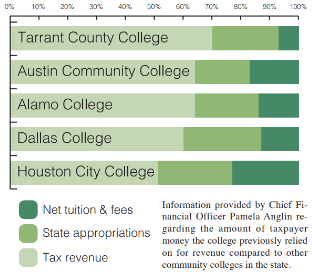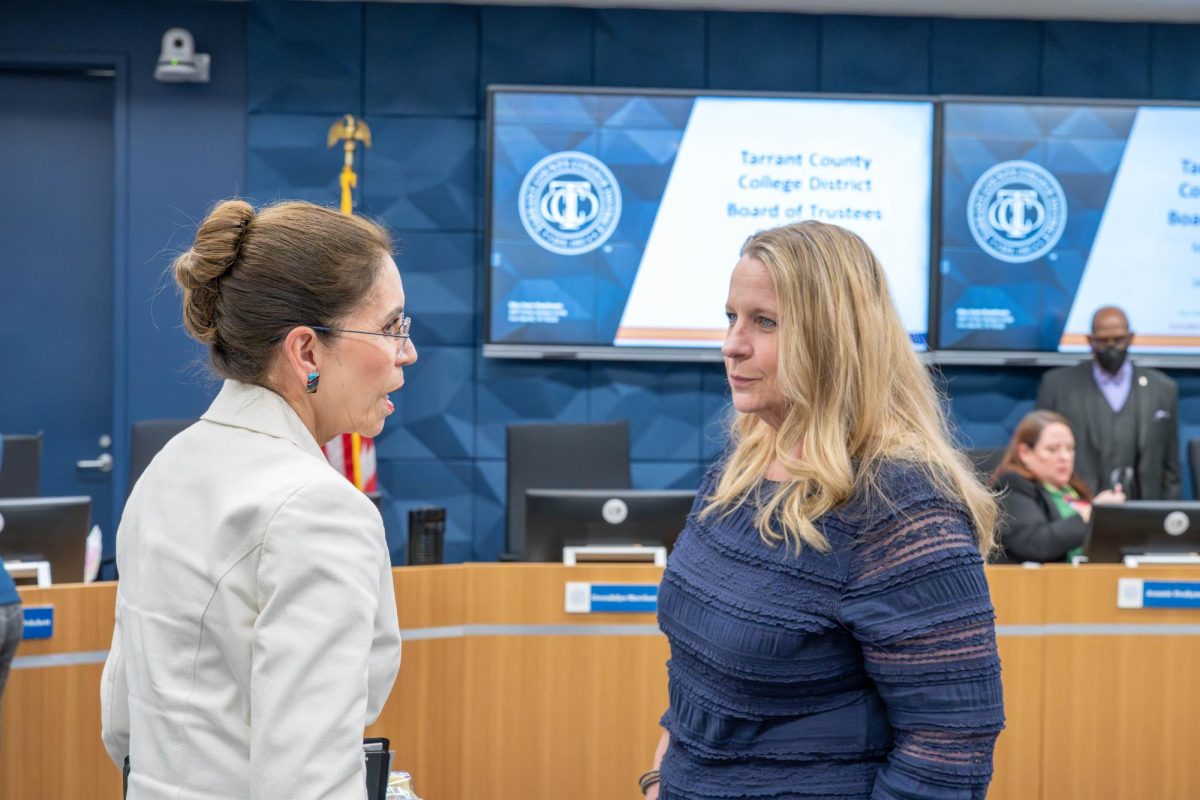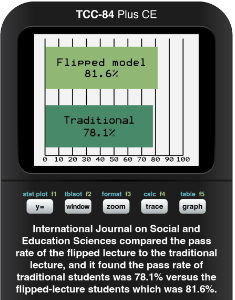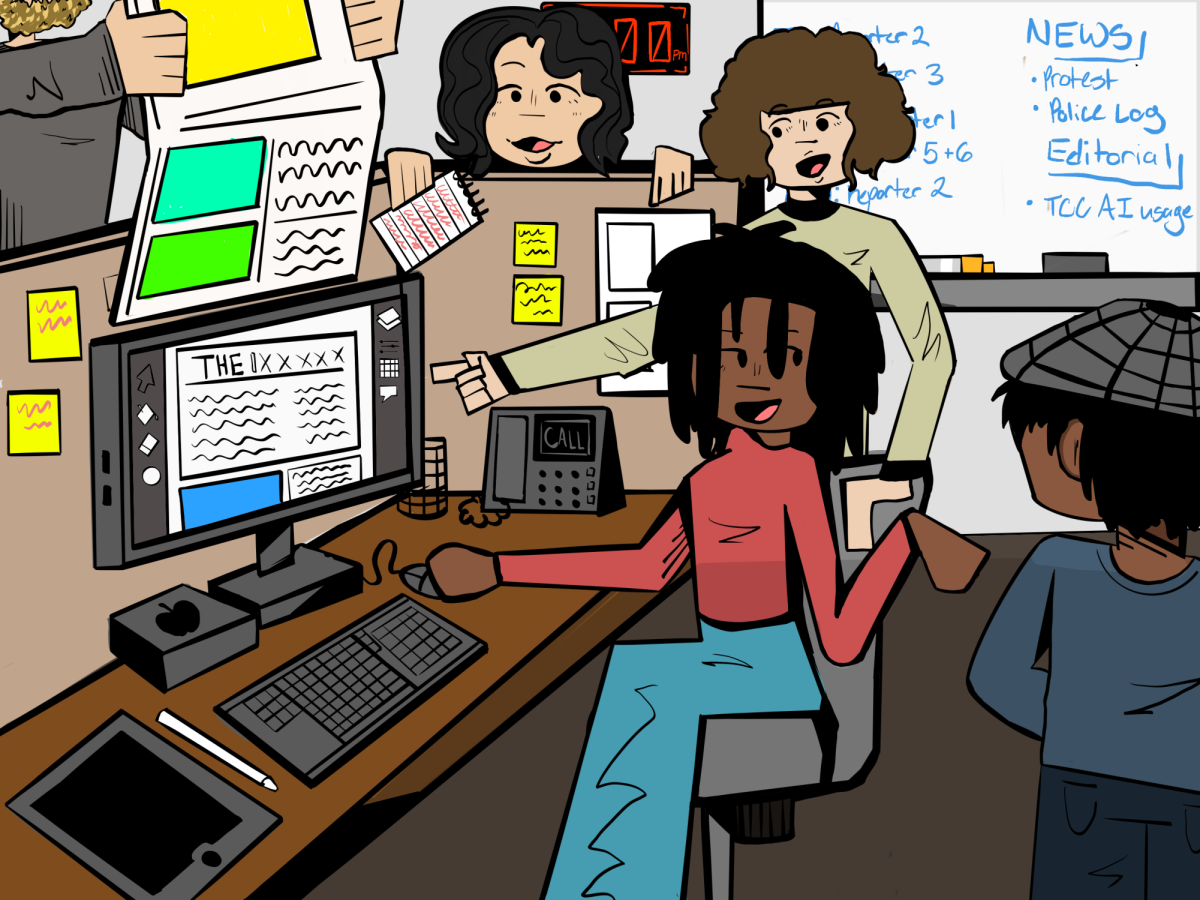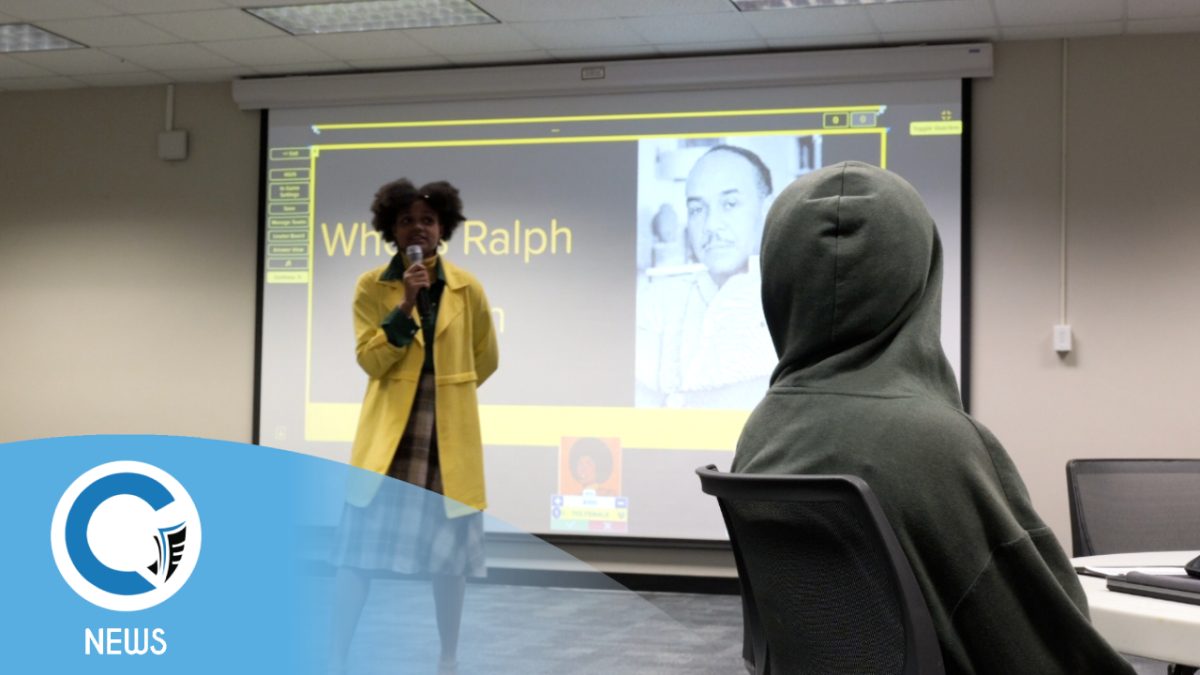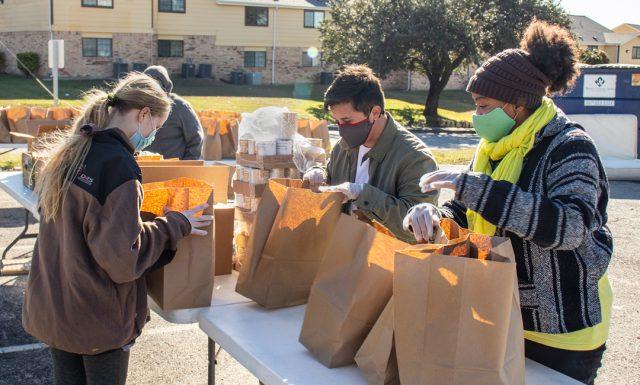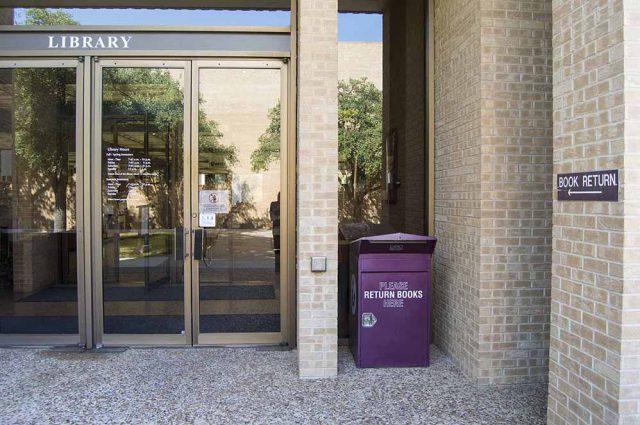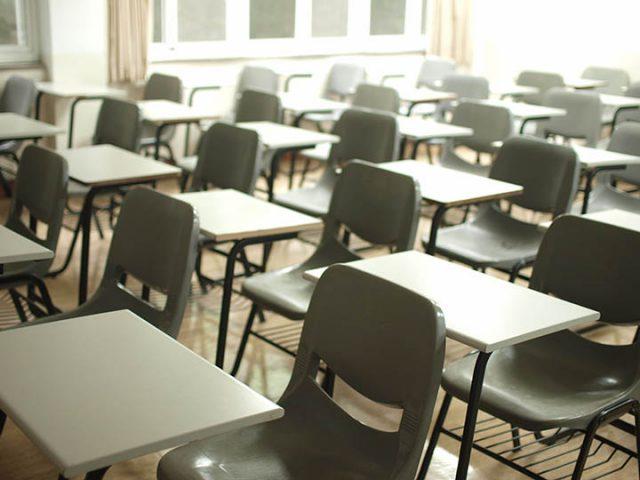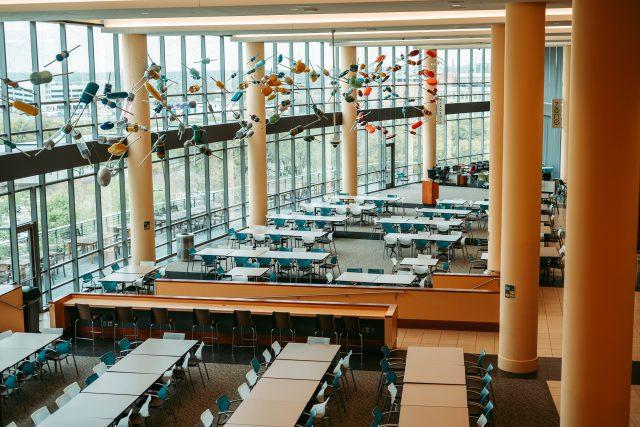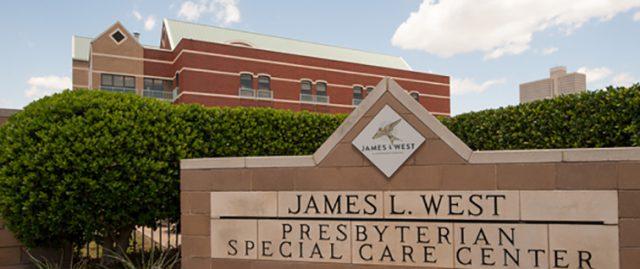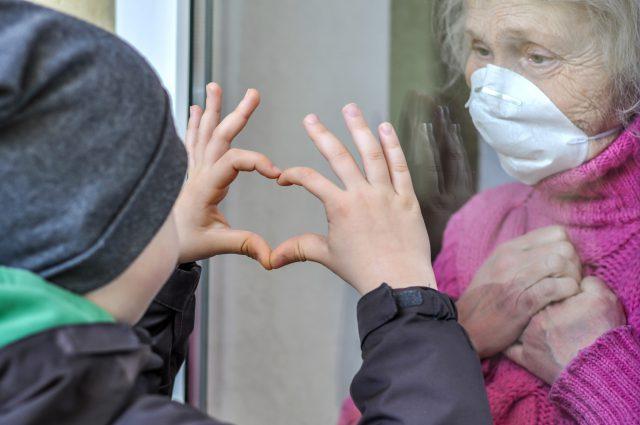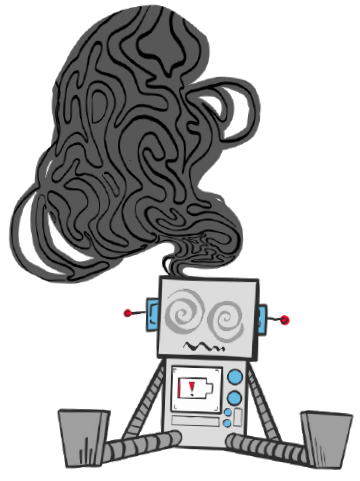
CYDNEY WILLIAMS
reporter
TCC instructors said they recognize how hard their students work, as well as the overwhelming amount of stress students have been experiencing, and they want to help.
“What I am noticing is a lot of students are willing to do online learning because they have to,” South philosophy professor Jeremy Byrd said. “It’s not their preferred way of learning and it’s a little chaotic.”
It may be harder for students to stay organized and keep a schedule than in a structured face-to-face environment, Byrd said.
But he understands school isn’t the only reason why students are stressed out, as they may face personal problems.
NW math instructor Clifton Parrish said both students and instructors are overwhelmed in this new environment.
Students have brought it to his attention many times just how busy they are. And they miss deadlines because of so many other things going on in their life like work, family issues or problems caused by the pandemic, Parrish said. He can tell students are stressed based on their performance.
“Each week I look through the grade book for students who have not done any work that week and send them an email asking how it’s going,’’ he said.
South history professor Armando Villarreal also notices when a student is stressed because their work is unsatisfactory or they are turning things in at the last minute.
“If I have a student who is in good standing and they seem to fall off, normally that student will hear from me just so I can find out what’s going on,” Villarreal said.
Parrish said he created a plan to help students get back on schedule.
“Sometimes this is just observing the schedule with them, other times an event has occurred in the student’s life and we need to work to catch up,” Parrish said. “Recently I had a ‘catch-up’ week with a small bonus for completing four lessons in one week.”
Byrd said he tried to anticipate any problems that may occur and avoid them if possible to provide structure to his students.
“What I did for the 16-week course was put together the same kind of assignments every week so students are familiar with what to do and what’s expected,” Byrd said. “I also try to make the rubric and assignments very clear so everyone can quickly understand my expectations just to provide some balance.”
Villarreal has extended some leeway because of the pandemic. “I’m looking for my students to turn in satisfactory work, not perfect but satisfactory,” he said.
“I just ask that my students give me something, you don’t have to explain why the assignment is late or incomplete, but at least show me you tried to work on the assignment.”
Byrd said he understands students can’t fully capture the classroom experience while learning online.
“We have weekly Collaborate sessions and discussion boards to try to create that traditional classroom setting,” Byrd said. “The rubric is set up in a way that allows students to encourage and engage with other students.”
Villarreal said if a student has any doubts, they should just reach out to a professor. The lack of communication between professors and students creates a lot of problems and stress.
“My first piece of advice is do not fall behind,” Villarreal said. “Unfortunately during hard times like this, mediocrity is OK, accept mediocrity and try the best you can.”
Byrd said he wants students to know they shouldn’t be afraid to reach out to their instructors because they all understand how difficult times can be.


